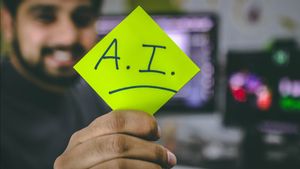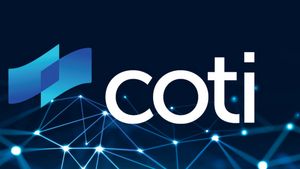
JAKARTA - GitHub, Hugging Face, Creative Commons, and other technology companies have jointly issued an open letter inviting the European Union government to ease the upcoming rules regarding open source artificial intelligence (AI) models.
In the letter, the senders appealed to policymakers to review some provisions in the European Union's Artificial Intelligence Act, stating that regulating open-source upstream projects as if they were commercial products or AI systems that had been implemented would hinder the development of open source AIs.
"This is not in accordance with open-source development practices and goes against the needs of individual developers and non-profit research organizations," GitHub said in a post on the blog.
In particular, the group provides five suggestions to ensure that the AI Act functions for open source models, including defining AI components clearly, explaining that collaborative development on open source models does not require developers to comply with the laws and regulations, guaranteeing exceptions for researchers by allowing limited testing under real-world conditions, and establishing proportional requirements for "base models".
As the term described, open source software is a software that can be checked, modified, and improved by anyone because the source code is publicly accessible. In the field of artificial intelligence, open source software helps train and implement AI models.
관련 항목:
The European Parliament passed the law in June with a large majority of votes, namely 499 votes in favor, 28 against, and 93 abstained.
The law will become a law after the European Council representing 27 member states approved a joint version of the text introduced in 2021. The next step involves individual negotiations with EU members to level out their details.
According to the open letter, the law sets a global precedent in regulating AI to address its risks while encouraging innovation.
"This regulation has an important opportunity to further advance this goal through increased transparency and collaboration among diverse stakeholders," the open letter said, adding that "AI requires regulations that can reduce risk by providing sufficient standards and oversight, [...], and establishing clear responsibilities and compensation for losses."
The English, Chinese, Japanese, Arabic, and French versions are automatically generated by the AI. So there may still be inaccuracies in translating, please always see Indonesian as our main language. (system supported by DigitalSiber.id)
















